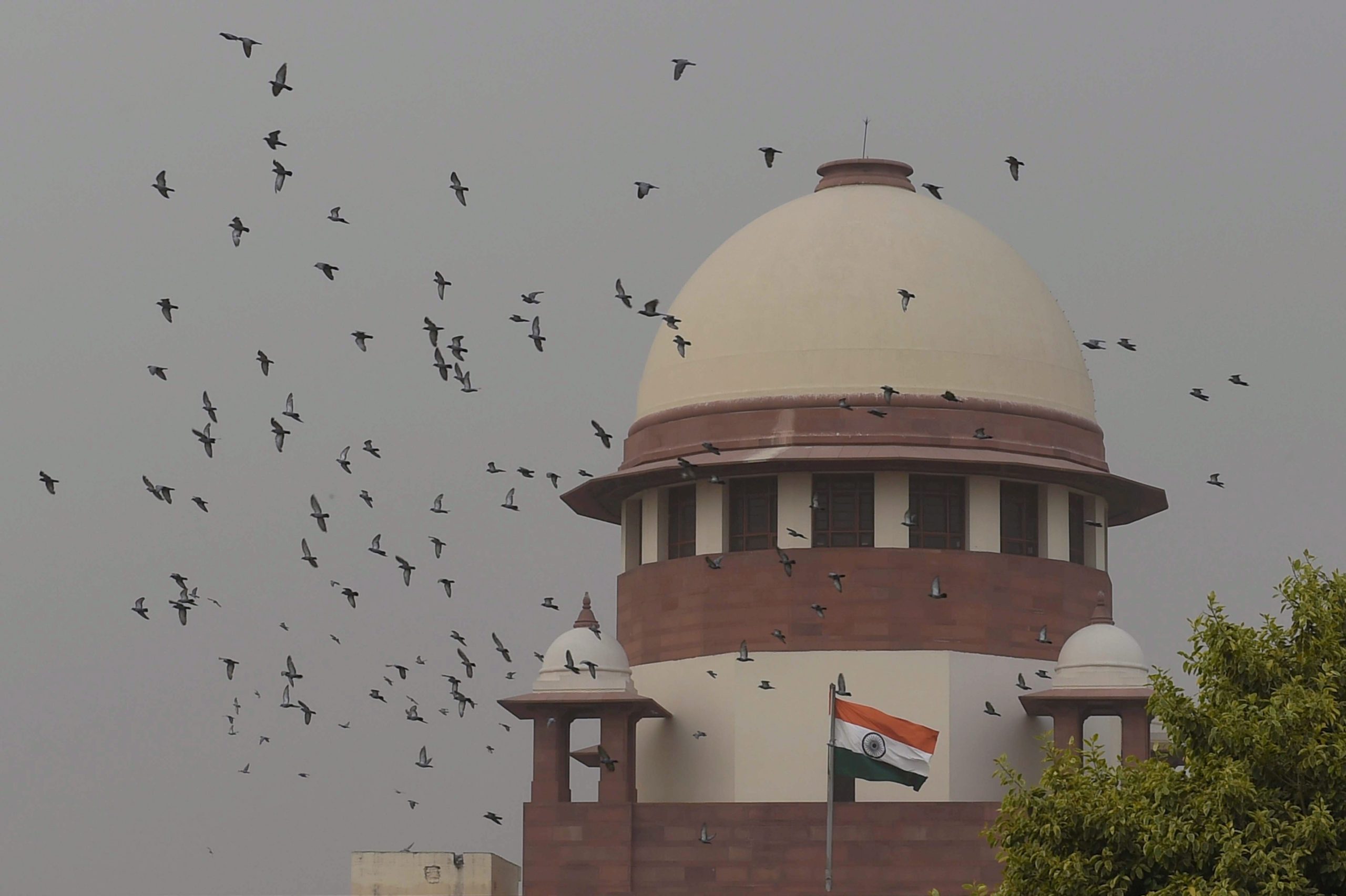New Delhi, Jan 28: The Supreme Court has ruled that police are not permitted to serve notices to accused individuals via WhatsApp or other electronic methods under the Criminal Procedure Code or the Bhartiya Nagrik Suraksha Sanhita, 2023.
A bench consisting of Justices M M Sundresh and Rajesh Bindal has instructed all states and union territories (UTs) to provide necessary guidance to police regarding the issuance of notices in accordance with Section 41A of the CrPC, 1973 or Section 35 of BNSS, 2023, only through legally sanctioned methods.
“All states/UTs must issue a standing order to their respective police forces directing them to serve notices under Section 41-A of CrPC, 1973/Section 35 of BNSS, 2023 exclusively through the legally prescribed methods outlined in the CrPC, 1973/BNSS, 2023,” the bench stated on January 21.
The Supreme Court emphasized, “It is clearly stipulated that the service of notice through WhatsApp or other electronic methods cannot be regarded or accepted as an alternative to the service methods sanctioned under the CrPC, 1973/BNSS, 2023.”
This directive followed a suggestion from senior advocate Sidharth Luthra, who was appointed amicus curiae in the case.
Luthra highlighted cases where notices under Section 41-A of CrPC, 1973 were dispatched via WhatsApp, resulting in the accused failing to appear before the investigating officer.
He argued that the police must not bypass the requirements of Section 41-A of CrPC, 1973 or Section 35 of BNSS, 2023 by using WhatsApp or other electronic means for notice service instead of adhering to traditional service procedures.
These directives were issued in the context of the case involving Satender Kumar Antil.
The bench also instructed all high courts to convene their respective committee meetings to ensure that both past and present decisions are implemented on a monthly basis “at all levels,” with monthly compliance reports to be submitted by the relevant authorities.
The apex court directed the registrar generals of high courts and chief secretaries of all states and UTs to ensure compliance within three weeks. (AGENCIES)


Leave a Reply